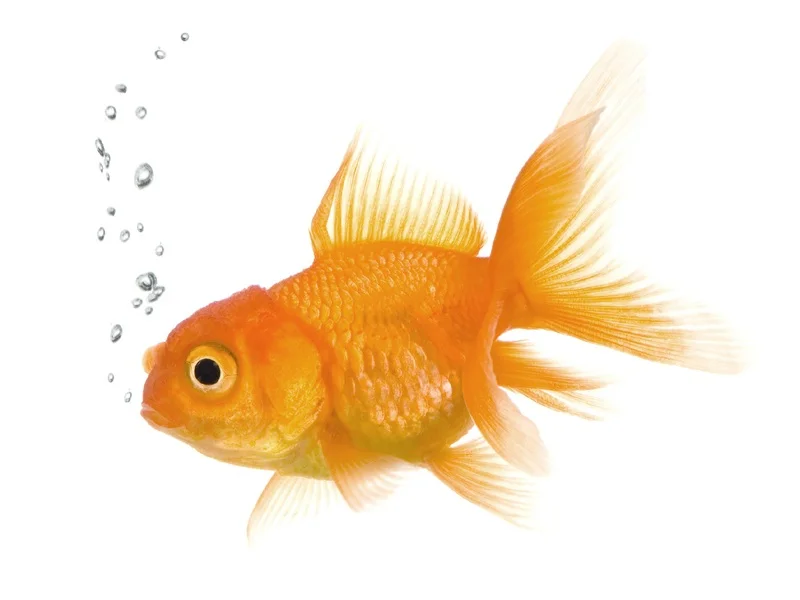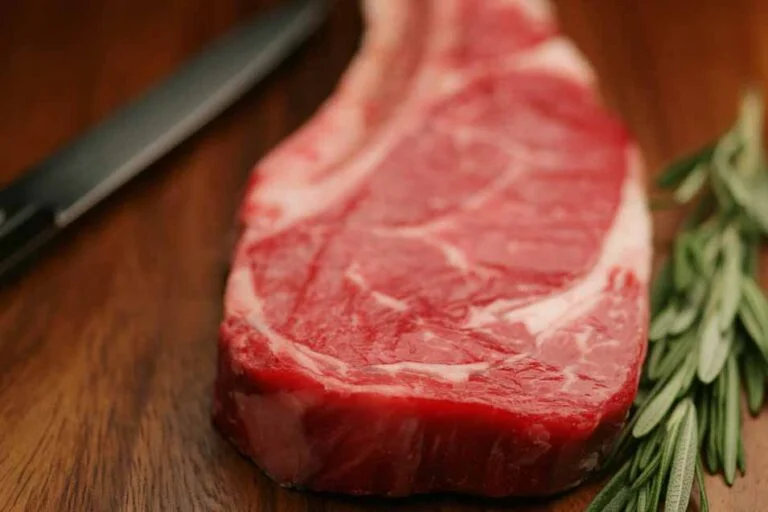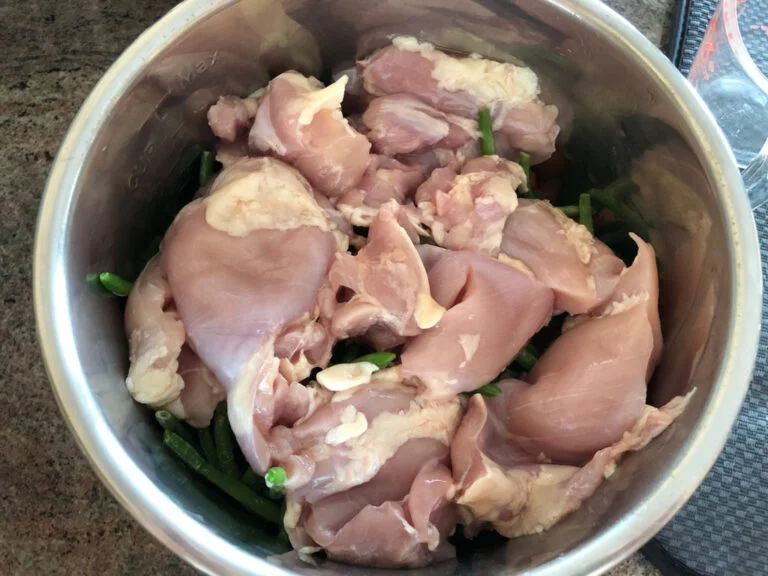Diving Deep: Can Belgian Malinois Eat Fish?
The Belgian Malinois, renowned for its agility, intelligence, and enthusiasm, necessitates a nutrient-rich diet to fuel its zest for life. Often, we discuss conventional protein sources like poultry and red meat. Yet, there’s a vast ocean of options, quite literally, with fish being a noteworthy candidate. This article seeks to provide clarity on the topic, “Can Belgian Malinois eat fish?”, while navigating the seas of nutrition and canine health.
A Snapshot of the Belgian Malinois
Before we embark on our nautical exploration, it’s vital to understand the breed in focus.
Historical Backdrop
Emerging from the heart of Belgium, the Belgian Malinois has its roots entrenched in herding activities. Such an active lineage demands a diet that’s both nutritious and protein-dense.
Significance of Protein
- Muscle Health: Proteins play a pivotal role in muscle development and regeneration, especially for breeds as athletic as the Malinois.
- Vigour Supply: Protein ensures that the Malinois’ energy levels stay consistent and high.
- Systemic Wellbeing: Proteins also contribute significantly to various physiological functions, ranging from digestion to immunity.
Unveiling Fish: The Aquatic Nutrient Trove
While fish is celebrated in human culinary circles, it’s equally deserving of attention in canine diets.
Unpacking the Nutrient Profile
- Omega Fatty Acids: These crucial components found in fish bolster skin health, ensure smooth joint movement, and even augment brain activity.
- Diverse Proteins: Fish provides an alternate spectrum of proteins, supplying all essential amino acids dogs need.
- Rich Mineral Content: With a plethora of minerals like selenium, magnesium, and phosphorus, fish is like a mineral treasure chest.
- Vitamin Vault: It’s chock-full of vital vitamins, from the B-group to Vitamin E, making it a nutrient haven.
Weighing the Pros and Cons for Belgian Malinois Fish Consumption
The Bright Side
- Enhanced Coat Health: Regular fish intake can transform the Malinois’ coat into a lush, shiny spectacle.
- Allergy-friendly Option: Malinois that exhibit allergies to conventional meats can safely turn to fish.
- Cognitive Boost: Components like DHA, found abundantly in fish, enhance cognitive capacities.
Considerations to Ponder
- Mercureal Concerns: Certain deep-sea fishes, e.g., tuna, may contain elevated mercury levels, which isn’t suitable for regular consumption.
- The Bone Conundrum: Fish bones, especially when cooked, are brittle and might cause internal injuries.
- Freshness Factor: Only fresh, unpolluted fish should make the cut for your Malinois’ plate.
Charting Safe Waters: Fish Consumption Guidelines for Belgian Malinois
Optimal Fish Choices
Prioritize fish known for low mercury content. Salmon, tilapia, and cod are commendable options. Ensure these are sourced from uncontaminated environments.
Preparing the Perfect Fish Meal
Baking or steaming fish without any additives is the way to go. Always meticulously remove bones and check for any leftover fragments.
Determining Quantity and Frequency
Consider fish as a supplemental treat. Integrating fish once a week, in controlled portions, can strike a healthy balance.
Frequently Asked Questions
1. Can fish oil capsules be an alternative?
Absolutely! They’re a concentrated source of those essential omega fatty acids. However, ensure you’ve got the green light from your vet regarding dosage.
2. Are some fish completely off-limits for my Malinois?
Yes, larger, deep-sea varieties like swordfish should be kept off the menu due to their high mercury content.
3. Is canned fish a suitable choice?
Opt for canned fish that’s preserved in water, not oil. Keep an eye out for any additives or excess salt.
In Conclusion
Integrating fish into a Belgian Malinois’ meal plan can be akin to discovering a nutritional goldmine, laden with proteins, essential fats, and myriad vitamins and minerals. Yet, caution is key. By selecting the right fish, preparing it correctly, and monitoring intake, you can ensure your Malinois reaps the ocean’s benefits without any potential downsides.








